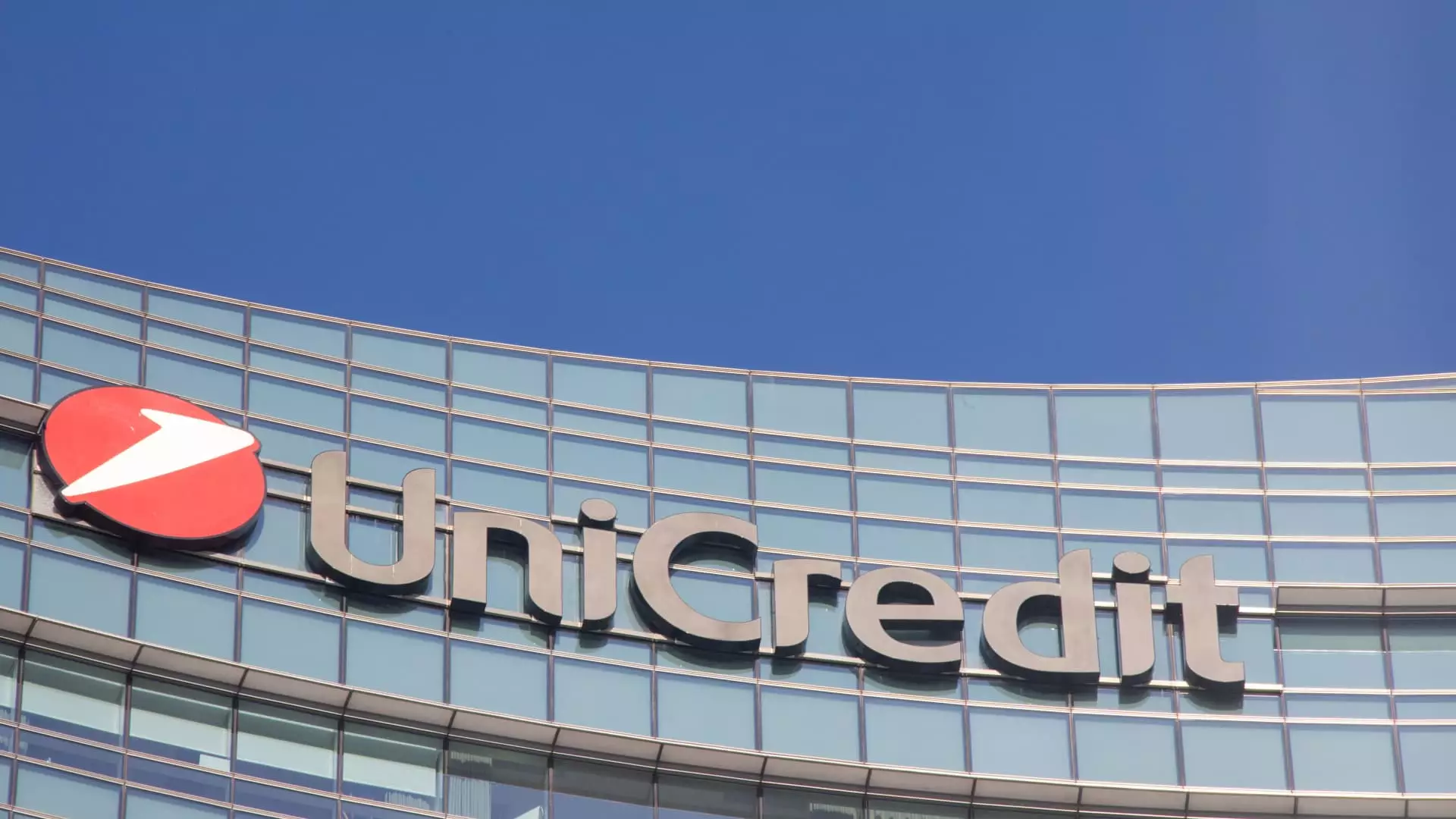In a significant development within the European banking sector, UniCredit has made a bold move by proposing to acquire Banco BPM for approximately 10 billion euros ($10.5 billion). This proposal not only shows UniCredit’s ambitions to expand its footprint in Italy but also underscores the ongoing trend of consolidation among major banks in Europe. The offering, which translates to 6.657 euros per share, represents a modest premium over Banco BPM’s share price of 6.644 euros at the end of the preceding trading day.
UniCredit has characterized this acquisition as a strategic step to reinforce its position as a leading pan-European banking group. By merging with Banco BPM, it aims to enhance its operational capabilities and resource base. The deal is notably distinct from UniCredit’s efforts regarding German lender Commerzbank, with the Italian bank making headlines earlier by increasing its stake in Commerzbank to around 21%. The intention to elevate this stake to nearly 30% demonstrates UniCredit’s aggressive posture in the European banking landscape.
Despite the enthusiasm surrounding this merger, the economic context is equally crucial. The European banking sector has been under pressure, necessitating consolidation to achieve greater stability and competitiveness. Many analysts have pointed to the European banking market as ideally suited for mergers due to the presence of several players with overlapping markets and services.
However, the journey toward a successful merger is often accompanied by regulatory scrutiny. In Germany, the government’s current stance on potential mergers, particularly concerning Commerzbank, adds a layer of complexity to UniCredit’s maneuvers. Chancellor Olaf Scholz’s comments against “unfriendly attacks” on banks highlight the caution regulators are adopting towards foreign acquisitions. This sentiment might cast a shadow on the potential merger between UniCredit and Banco BPM, given the increased focus on national interests in the aftermath of the financial crises.
Amidst these developments, Banco BPM has exhibited a keen interest in expansion as well, illustrated by its recent bid for asset manager Anima and the acquisition of a stake in Monte dei Paschi di Siena (MPS). This proactive approach from Banco BPM could influence how stakeholders perceive the UniCredit acquisition.
Adding to the intrigue, UniCredit recently announced an 8% year-on-year increase in quarterly net profits, reaching 2.5 billion euros – exceeding market expectations. The bank’s upward revision of its full-year profit guidance to above 9 billion euros is a positive indicator of its financial health and future potential. Such robust performance may strengthen investor confidence in UniCredit’s capability to handle an enlarged entity, should the merger go through.
While the proposed acquisition of Banco BPM by UniCredit carries the promise of significant benefits and enhanced market position, it is equally punctuated by regulatory challenges and potential market dynamics. The unfolding narrative in European banking will be one to watch closely, as these entities navigate the complexities of merger undertakings in a competitive and evolving landscape.

